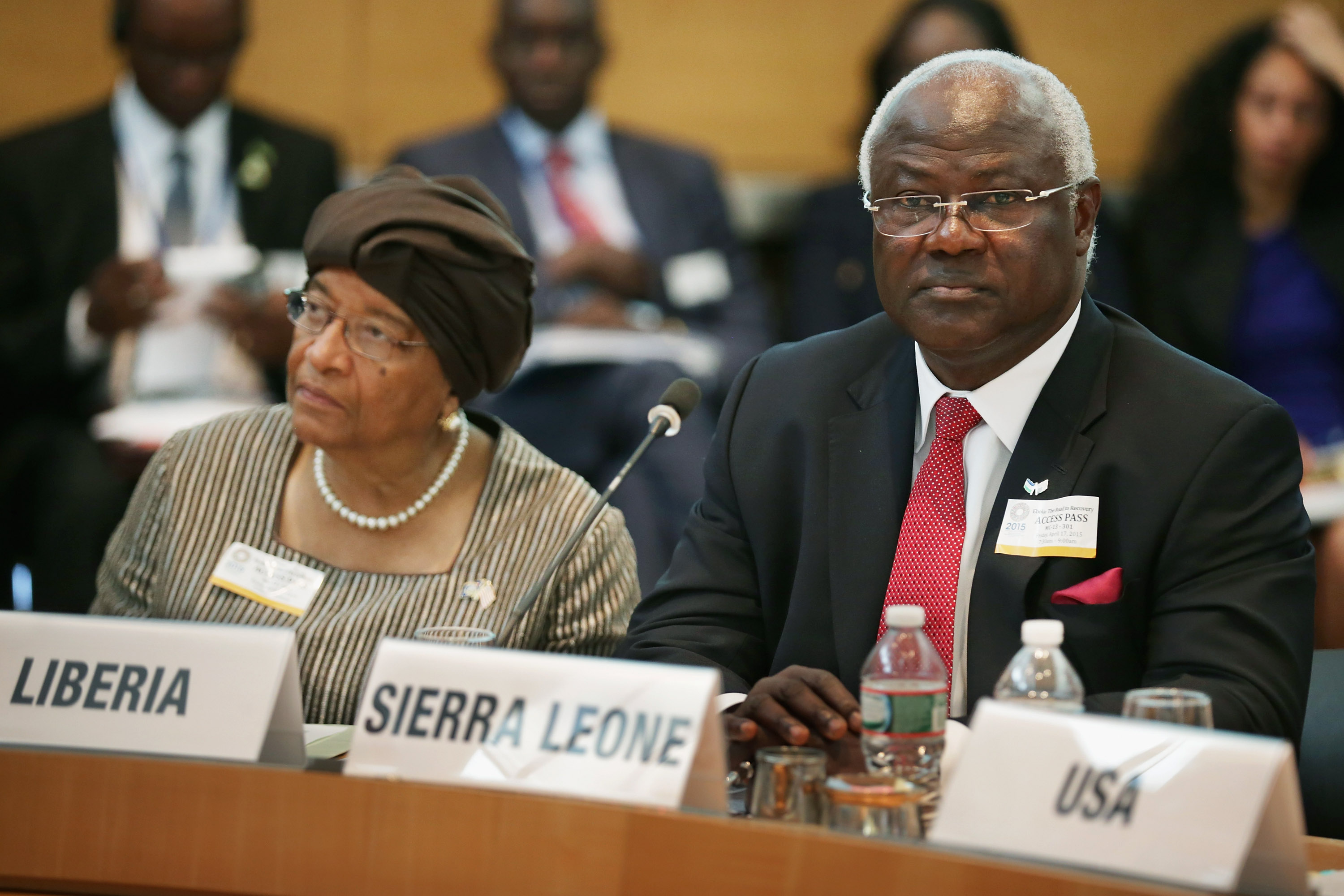Sierra Leone hardly makes headlines with positive news.
Recently I searched for positive news reporting on my home country but six pages deep into a Google search I had only read a lot about Ebola and abortion – which turns out to be another disheartening health issue.
Sierra Leone’s current abortion law criminalises abortion except in cases where the mother’s life is at risk. This law was enacted in 1861, one hundred years before the country’s independence from Great Britain. In December 2015 the Sierra Leone Parliament passed the Safe Abortion Act, which, if ratified, will replace its antiquated predecessor; but the bill is currently stalled because President Ernest Bai Koroma has withheld his signature due to opposition of the bill from Muslim and Christian leaders.

At a recent conference on the proposed abortion legislation, the first lady voiced her support of safe abortions, citing that unwanted pregnancies and unsafe abortions were a major contributing factor to pregnancy-related deaths. In a country with one of the highest maternal mortality rates in the world, these religious groups, by opposing the bill, are not saving life but are merely valuing one life over another.
Ebola exacerbated sexual violence.
Illicit, or ‘backroom’, abortions are also an economic burden to the country. In the conference Mrs Koroma said the government spends hundreds of thousands of US dollars to treat women with health complications related to abortion.
The new bill will permit abortion during the first 12 weeks of pregnancy, or up to 24 weeks for cases of incest, rape, fetal impairment or health risk to the mother. It will also allow girls under 18 to get an abortion with the permission of a guardian. The latter is most pertinent in the aftermath of Ebola.
In October 2015 several international organisations released reports on pregnancy and sexually-based violence that occurred in Sierra Leone as a result of the Ebola health crisis. Notably, the United Nations Population Fund reported teenage pregnancy increased by up to 65 per cent in some target communities as a result of the outbreak.

Ebola exacerbated sexual violence because restrictions on movement and school closures made girls and women vulnerable to physical and sexual abuse by peers and by older men.
Visibly pregnant girls are not allowed to attend school.
Of course, teen pregnancy is not an uncommon occurrence globally. The United States glorifies the experience on reality TV shows like Teen Mom and 16 and Pregnant. However being a pregnant teenager in Sierra Leone does not earn a girl a spot on a reality show. Under current legislation visibly pregnant girls are not allowed to attend school. In response to the surge of teen pregnancy which occurred during Ebola the government, in a conjoined effort with UNICEF, created separate centres where the pregnant girls could be schooled. We know, though, separate but equal is inherently unequal.
Women ought to be able to make their own health decision.
President Koroma’s refusal to sign the safe abortion act means this: it’s too bad if you are a pregnant girl or woman who wants to continue going to school. Never mind that women ought to be able to make their own health decisions, and have a safe means to terminate a pregnancy, should they wish to do so. Abortion will happen whether or not the new bill is approved. Legalisation of safe abortions protects women’s health.
It is downright infuriating that a legislation which impacts women’s health is stalled at the hand of a man, in this case the pen of President Koroma. Human rights organisations including Amnesty International and the Sierra Leone-based women’s advocacy group 50/50 have sent letters to President Koroma urging the approval of the bill for safe abortion. Dr. Aisha Ibrahim, president of 50/50, said, ‘The moment it comes to women’s bodies, every man thinks he has a right to change the course of the law.’
He has an opportunity for Sierra Leone to take a stand for its women.
There is sign of progress: the Parliament which approved the safe abortion bill is made up primarily of males. However, the significance of women’s access to adequate health care must be made aware to the President and to the conservative and religious sects that lobby him. (In another affront to women’s rights, Sierra Leone was one of the last West African nations to back the Maputo Protocol, an international treaty on women’s rights).
As a Sierra Leone-born, but US-raised woman, I acknowledge the war on women’s health is not an African problem, nor is it a problem exclusive to developing countries. Some US lawmakers also fight humanitarian rights for women; there has been legislation to remove funds from Planned Parenthood, an organisation that offers safe abortion, among other health services to women.
President Koroma could lead Sierra Leone on the path to progressive reform of its healthcare system. He has an opportunity for Sierra Leone to take a stand for its women. If the President approves this bill then maybe a Google search will provide some good news.

